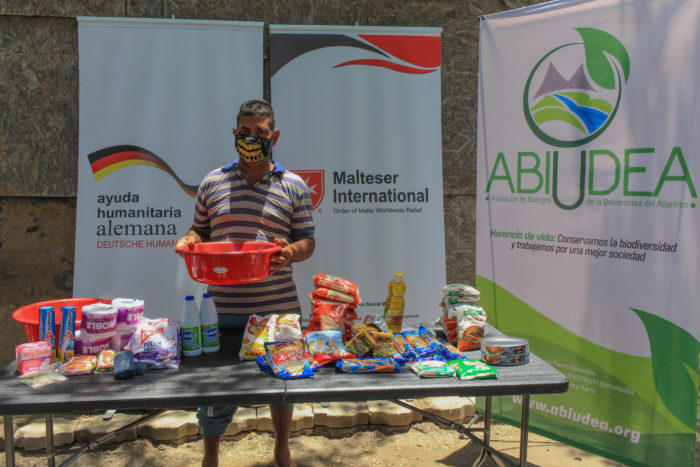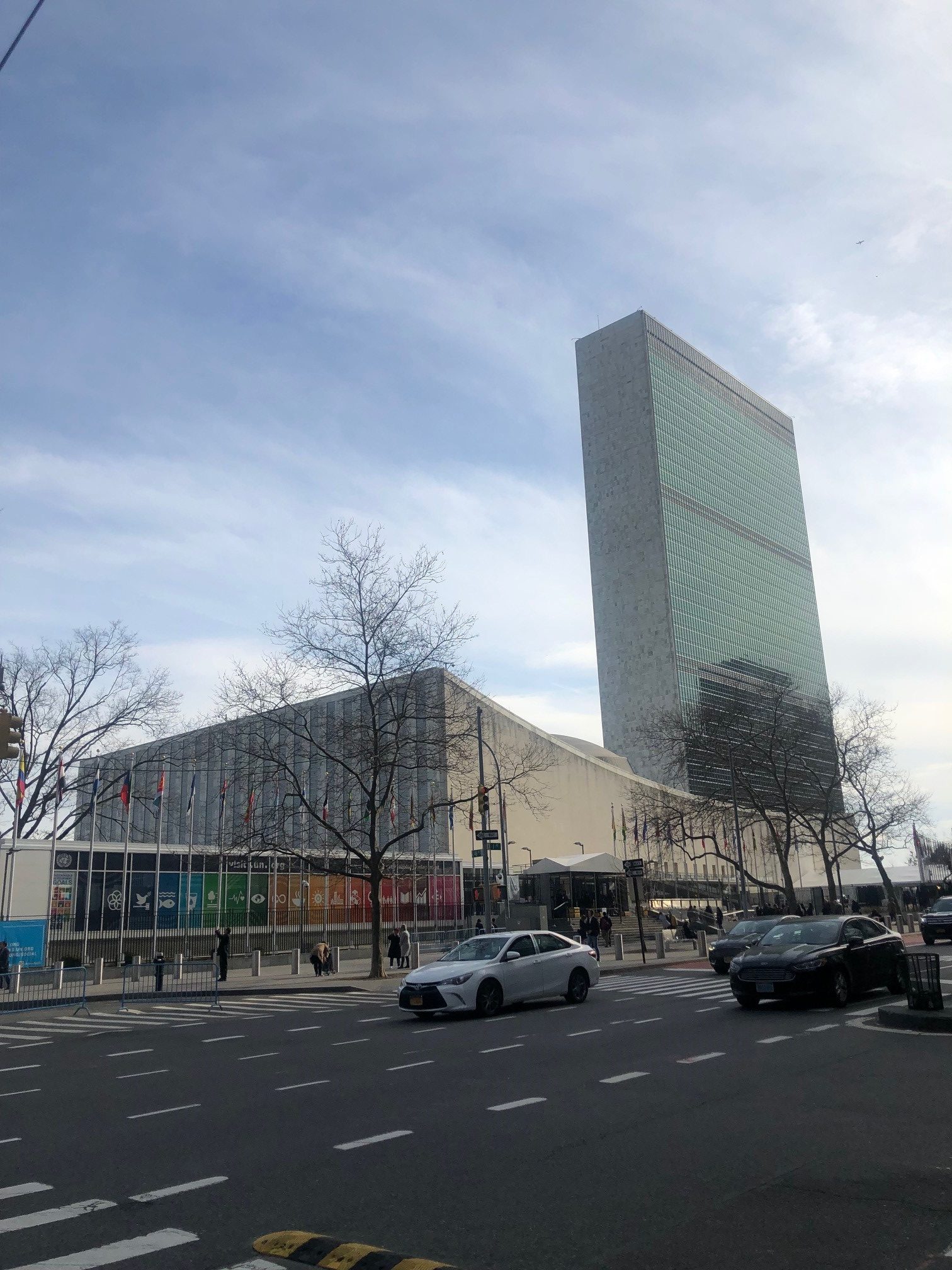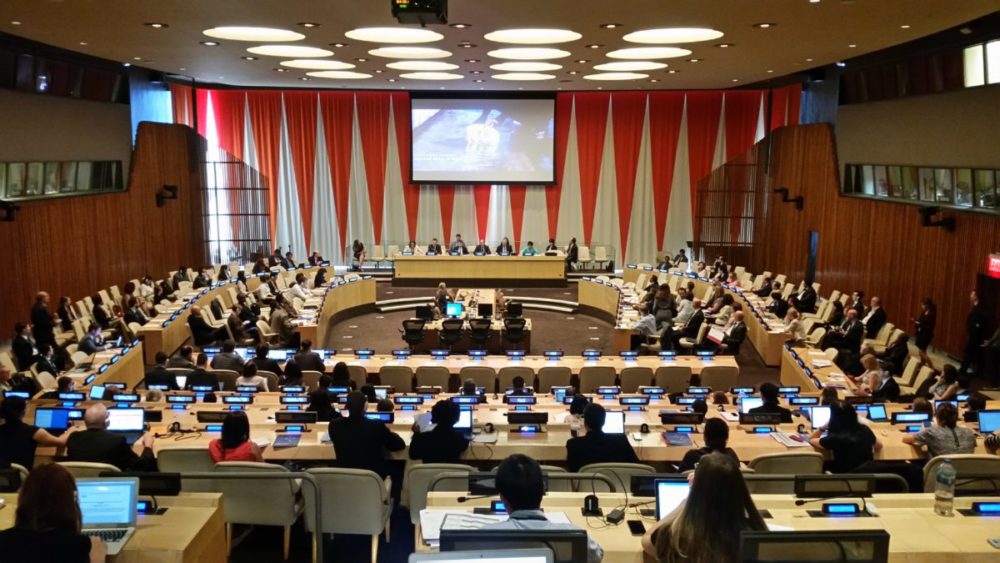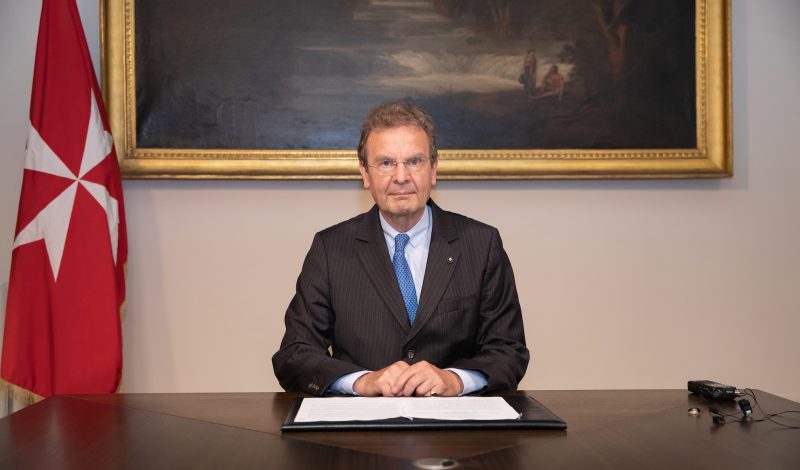Caribbean
Central America
South America
Malteser in Action & the SDGs
Throughout our work in the Americas, we have been committed to several cross-cutting goals, many of which are mirrored in the United Nations Sustainable Development Goals (SDGs). Also known as the Global Goals, the SDGs have provided the world with a common framework to tackle our greatest challenges. Part of the larger 2030 Agenda, the SDGs aim to eradicate poverty and hunger, address climate change, and close the gender inequality gap once and for all. They have also provided useful targets to facilitate the implementation and monitoring of each goal.
The success of the SDGs will rely on people working together, across borders, cultures, faiths, and ideological lines. MI Americas is committed to the SDGs and our work addresses several of them throughout out programs in the Western Hemisphere.
SDG 3 – Good Health & Well-being – aims to “ensure healthy lives and promote well-being for all at all ages”.
In situations in which access to basic social services are limited, as is the case for many vulnerable and poor communities, our programs are designed to comprehensively address their most urgent needs.
- The Youth Leadership School we support in La Guajira, Colombia is empowering a network of 50 youths of indigenous and Afro-Colombian backgrounds to better engage with their communities and become advocates for greater environmental and sanitation standards. Due to generations of violence, unemployment, and more recently, climate change, many young people in this rural region have left their homes and communities. Organized violence and suicides are also prevalent. Along with local partners ABIUDEA and Programa de Desarrollo y Paz Cesar, we are working towards reversing this trend, as you’ll see Ruth do in this video.
- In CDMX, Mexico, we support a program aimed at supporting HIV-infected mothers and their unborn children from potential infection during pregnancy. Transmission is most dangerous during pregnancy and in the first two years of the child’s life. In addition to medication, we provide baby formula, powdered milk for the family, and nutritious groceries, and income-generating support and psychosocial care for mothers.
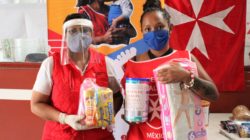
Our program in CDMX is aimed at supporting HIV-infected mothers and their unborn children from potential infection during pregnancy.
SDG 2 – Zero Hunger – aims to “end hunger, achieve food security and improved nutrition and promote sustainable agriculture”.
- As we’ve previously reported, Haiti is grappling with severe food insecurity, which has been exacerbated by recent sociopolitical turmoil. Our program in Cite Soleil directly addresses sustainable methods to curb the impact of food insecurity in the country’s (and the Northern Hemisphere’s) largest slum. Directly targeting these vulnerabilities, we have worked with communities and partners alike to build community gardens, household gardens, and chicken coops, while providing chickens and goats to over 4,000 beneficiaries to date.
- In Lima, Peru, we have worked with our partner Malteser Peru on the Comedor San Juan Bautista, a soup kitchen solely dedicated to low-income children and their families. With many poor families working in the informal economy, the pandemic was disastrous for their livelihoods. Located in the Amauta neighborhood, the soup kitchen has gone mobile throughout the pandemic, making contactless deliveries of food items and hygiene kits.
SDG 17 – Partnerships for the Goals – seeks to “strengthen the means of implementation and revitalize the global partnership for sustainable development”.
- Our 60 years of experience in the humanitarian field has taught us that implementing projects in partnership with local organizations strengthens the sustainability and impact of our activities. We strive to build the capacities and resiliency of communities. Whether it’s working with indigenous Wayuu leaders in rural Colombia or young community stewards in the violent neighborhoods of Port-au-Prince, our trusted relationships within the communities have proved to be the most effective means of furthering our goals and SDGs.
